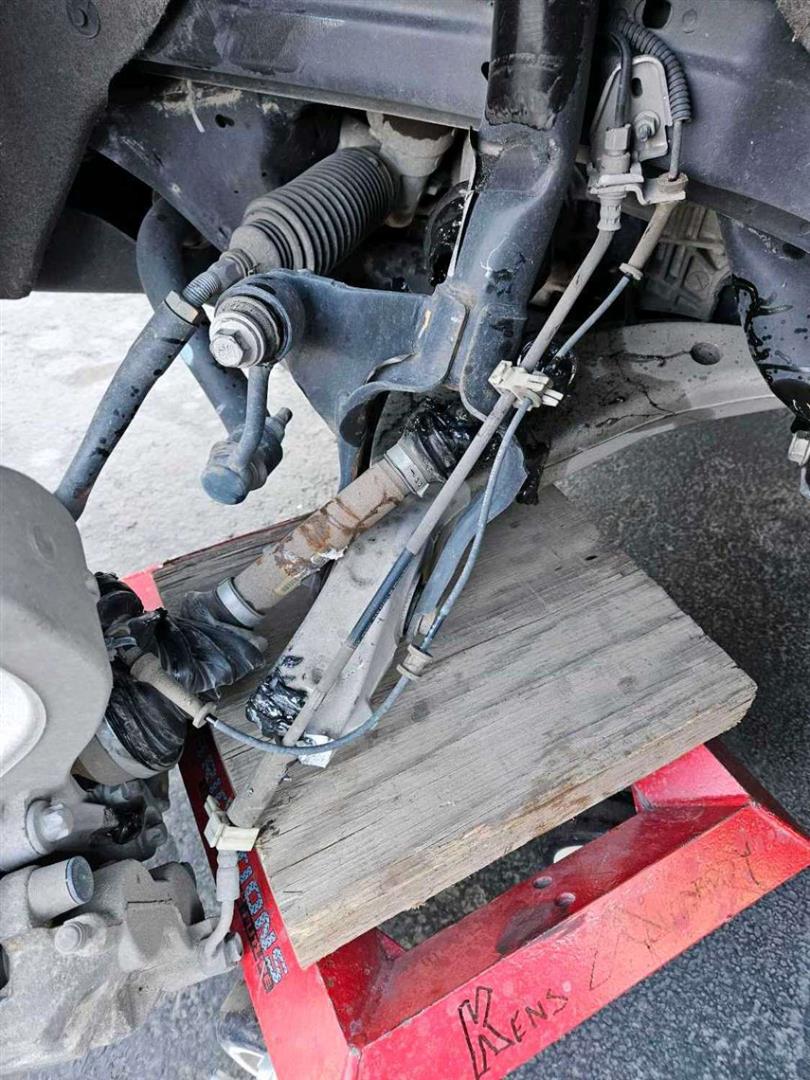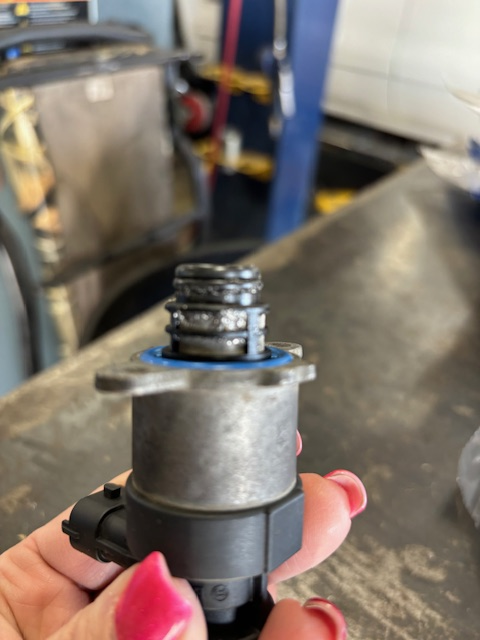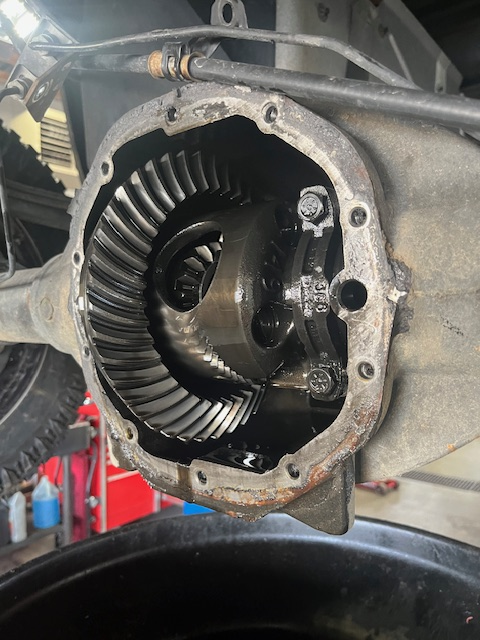Posted on 3/13/2024

Do you hear an annoying squeaking noise every time you turn the steering wheel of your car? It's a common issue that many drivers experience, but the source of the squeak can vary depending on several factors. Understanding why your car squeaks when you turn can help you address the problem effectively and ensure a smoother driving experience. Let's delve into some potential causes and solutions for this frustrating issue. 1. Worn or Dry Suspension Components One of the primary culprits behind squeaking noises when turning is worn or dry suspension components. Over time, components such as ball joints, control arm bushings, sway bar bushings, and tie rod ends can wear out or accumulate dirt and debris, leading to friction and squeaking sounds. Inspecting these components for signs of wear and lubricating them with appropriate lubricants can often resolve the issue. 2. Struts or Shocks Worn or damaged struts or shocks can also cause squeakin ... read more
Posted on 3/6/2024

The CP4 fuel pump, a vital component in contemporary diesel engines, has gained significant attention lately due to its susceptibility to failure. It's imperative for diesel vehicle owners to grasp the causes, symptoms, and remedies associated with CP4 fuel pump failures to avert expensive repairs and potential engine harm. Let's delve into this subject to illuminate CP4 failures and effective methods to tackle them. Understanding CP4 Fuel Pump: The CP4 fuel pump, an abbreviation for Cam-Driven High-Pressure Fuel Pump, represents a common high-pressure fuel pump type in modern diesel engines. Its role is pivotal, ensuring precise delivery of pressurized fuel to the fuel injectors for optimal combustion timing. Unlike its predecessor, the CP3 pump, the CP4 integrates the camshaft into its design, rendering it more compact and lightweight. Causes of CP4 Fuel Pump Failures: Various factors contribute to CP4 fuel pump failures, including ... read more
Posted on 2/28/2024

In recent years, the concept of mobile auto repair services has gained popularity among car owners looking for convenience and flexibility. While these services offer advantages such as on-the-spot repairs and time-saving benefits, there are several drawbacks that consumers should consider before opting for a mobile mechanic. In this blog post, we will explore some of the disadvantages of using a mobile auto repair service. 1. Limited Equipment and Tools: One of the main drawbacks of mobile auto repair services is the limited equipment and tools that a mobile mechanic can carry. Unlike traditional auto repair shops that have specialized tools and equipment for various types of repairs, a mobile mechanic may not have access to all the tools needed for complex or specialized repairs. This limitation can result in delays and incomplete repairs, leading to additional costs and inconvenience for the car owner. 2. Lack of Proper Facilities: Another disadvantage of using a mobile auto repai ... read more
Posted on 2/26/2024
.jpeg)
Vehicles are more than just a means of transportation; they are complex machines equipped with advanced technology designed to make our journeys safer, more efficient, and enjoyable. With this complexity comes the need for a sophisticated approach to maintenance and repair, known as auto diagnostics. Understanding Auto Diagnostics Auto diagnostics involve using specialized tools and software to communicate with a vehicle's computer system, which monitors and controls operations such as engine performance, transmission, brakes, and more. When a potential issue arises, the system generates a specific error code, stored until diagnostics are run. This process allows mechanics to quickly identify and address problems, often before they lead to more significant damage or safety concerns. The Role of the Onboard Diagnostic System (OBD) ... read more
Posted on 2/21/2024

In the world of vehicle maintenance, rear differential care is paramount to avoid costly breakdowns. The gears in your rear differential are susceptible to damage due to various factors, primarily from excessive stress and fatigue. Overloading, aggressive driving, or towing heavy loads can strain these components, leading to material fatigue and eventual failure. Neglecting proper maintenance practices such as inadequate lubrication or using contaminated fluids can exacerbate wear, while manufacturing defects or misalignment can introduce weak points in the gear system. To ensure your rear differential's longevity and optimal performance, here are some key maintenance tasks you shouldn't overlook: Regular Inspection: Keep an eye on your rear differential housing, cover, and seals for any signs of leaks, cracks, or damage. Fluid Change: Follow the manufacturer’s recommended interval for changing the differential fluid to prevent increased friction, wear, and ove ... read more